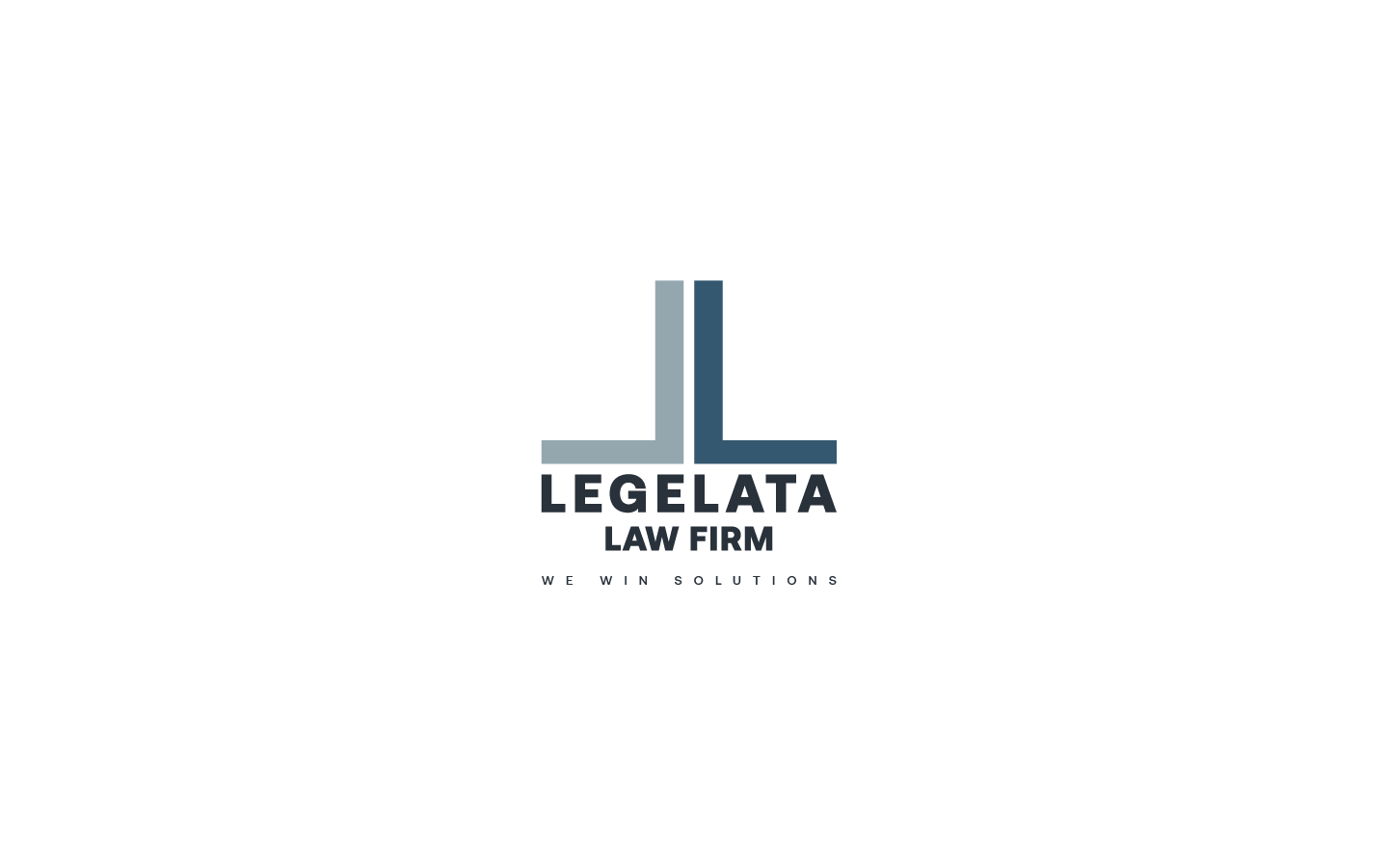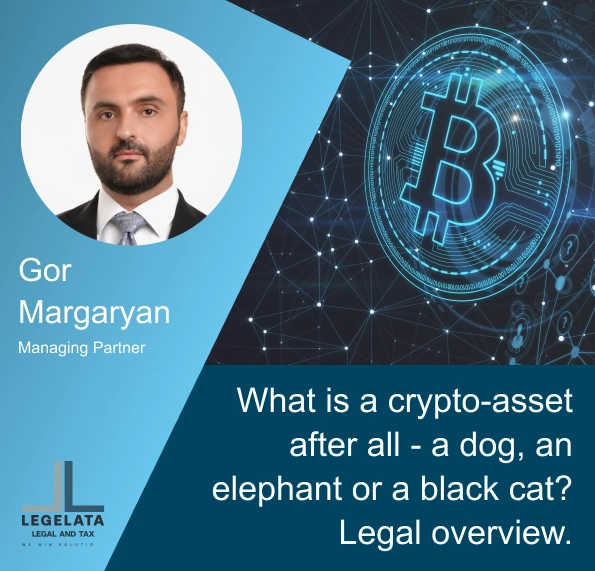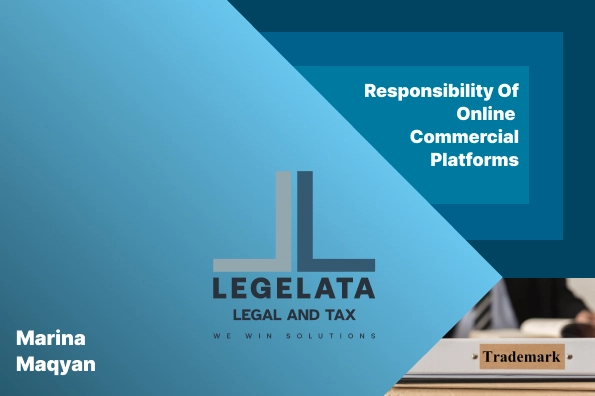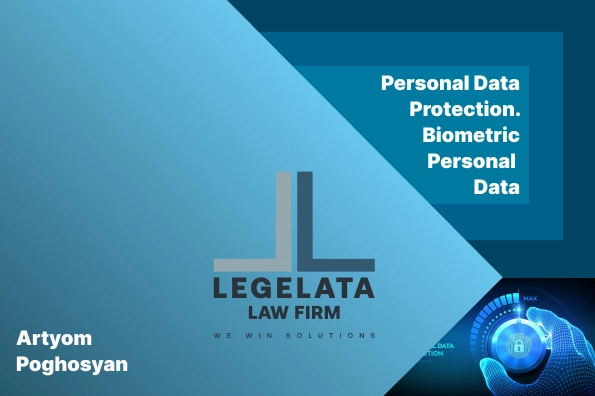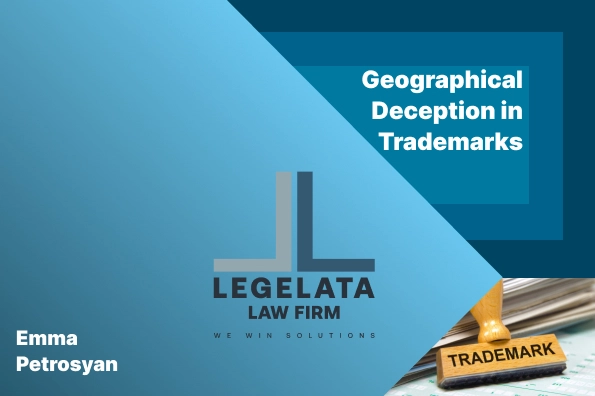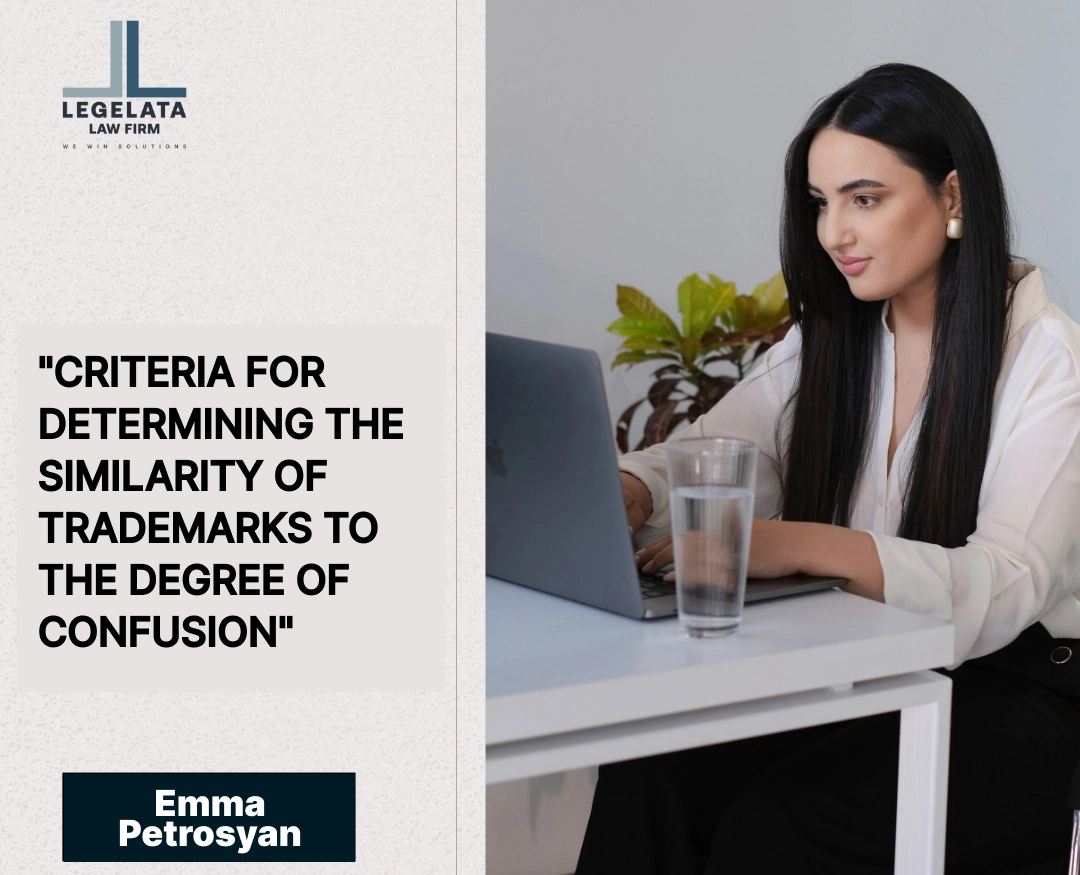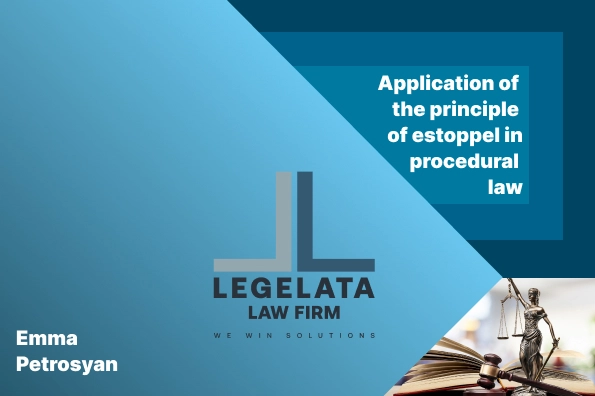It is accepted business in the financial industry to extend short term loans via taking securities of different types (equity or debt) as security of repayment. However, such transaction is not formed as a loan against security but rather a sale transaction with an option (call and/or put) to return or resell the securities back to the original seller. Such transactions are widely known as repurchase transactions or short – repo transactions.
When the transaction is formed as a buy and sale transaction rather than loan and security transaction, it becomes of paramount importance to understand what would be the effects of enforcement, termination and netting of such transactions if the debtor becomes insolvent or bankrupt.
If the parties have documented their repo business under a master agreement, such as the ICMA’s Global Master Repurchase Agreement (GMRA – different versions available), the insolvency or bankruptcy of the counterpart would be treated as an Event of Default under the agreement.
Under the GMRA, once a party is formally in default and if notice is to be served, that notice is served, the process of close-out netting starts. Close-out netting has three stages.
- First, all outstanding obligations due on repos documented under the same GMRA are accelerated for immediate settlement and all variation margin held by the parties is called back.
- Second, the Default Market Value of the collateral securities is fixed and transactions costs and professional expenses included.
- Third, all sums are converted into the same currency (the one chosen as the Base Currency by the defaulting party when the GMRA was negotiated) and are netted off against each other to produce a single residual amount, which must be notified to the defaulting party. Whoever owes the residual sum must pay it by the next business day. Either party can be charged interest on late payment.
The central question then becomes if the legal system and the rules applicable to bankruptcy can support the close-out netting since the insolvency and appointment of the administrator implies rules designed to protect not just one but the interests of all creditors.
In accordance with the law of the Republic of Armenia on Bankruptcy of Banks, Credit Organizations, Investment Companies, Fund Managers and Insurance Companies, the Central Bank of Armenia has the right to declare moratorium on the performance of obligations of the insolvent institution by request from the administrator appointed.
However, Article 14 of the Law makes an exception to general rule by providing that the moratorium, even if declared, shall not be applied to the operations of netting in financial transactions and contracts of security provided by law and accepted as such by the Central Bank of Armenia as contracts of security.
In accordance with the decision of the Central Bank of Armenia from 2017, the Central Bank has recognized the ICMA Global Master Repurchase Agreements as agreements pertaining to financial transactions and accepted as such by the Central Bank of Armenia to be in accordance with the law.
Consequently, repo agreements concluded on the basis of ICMA Global Master Repurchase Agreements shall be deemed as financial transactions within the meaning of the Law. Therefore, the bankruptcy of the financial institution shall not be an obstacle for performance of netting under such agreements.
The Law provides for certain demands as to notice, registration, mandatory netting and provisions pertaining to the law applicable to the repo agreements. These are matters important to be taken care of when tailoring the GMRA to the demands of the transaction where a counterpart of such repo agreement is a financial institution incorporated and licensed in Armenia.
Disclaimer:
This material is produced by Legelata LLC. The material contained in this newsletter is provided for general information purposes only and does not contain a comprehensive analysis of each item described. Before taking (or not taking) any action, readers should seek professional advice specific to their situation. No liability is accepted for acts or omissions taken in reliance upon the contents of this material.
LEGELATA LLC, 2020
